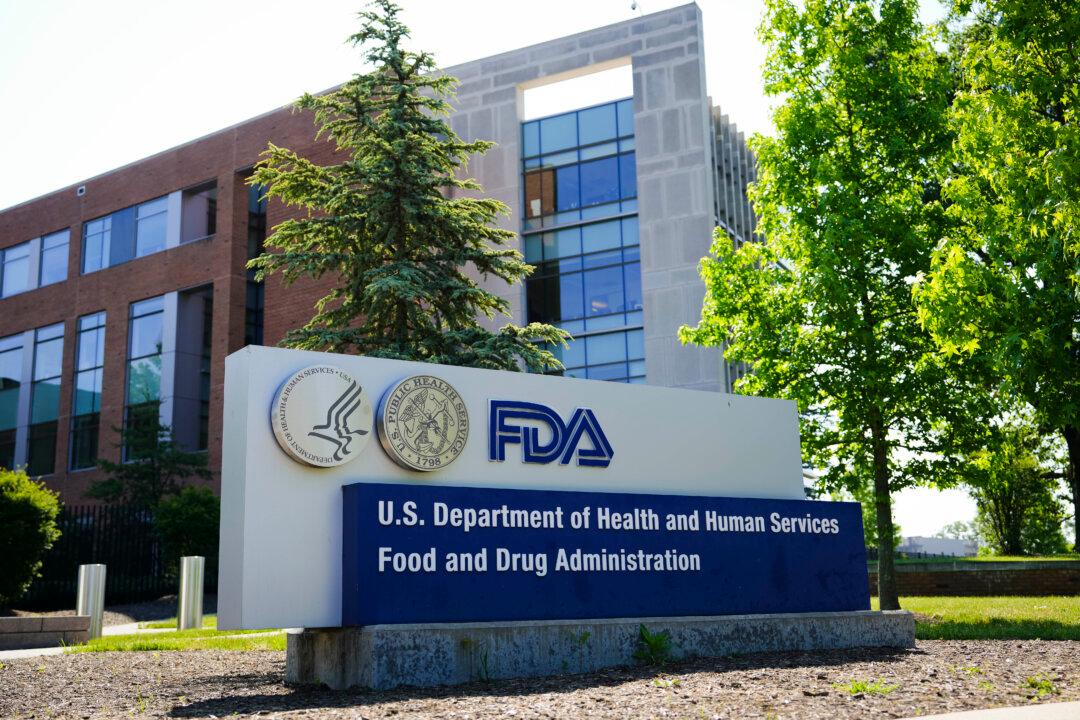The U.S. Food and Drug Administration (FDA) is being allowed to withhold COVID-19 vaccine safety data for at least six months, under a recent order from a federal judge.
Lawyers representing the FDA said that the agency is overburdened by court orders forcing it to produce a certain amount of records pertaining to the authorization of the Pfizer and Moderna COVID-19 vaccines.






